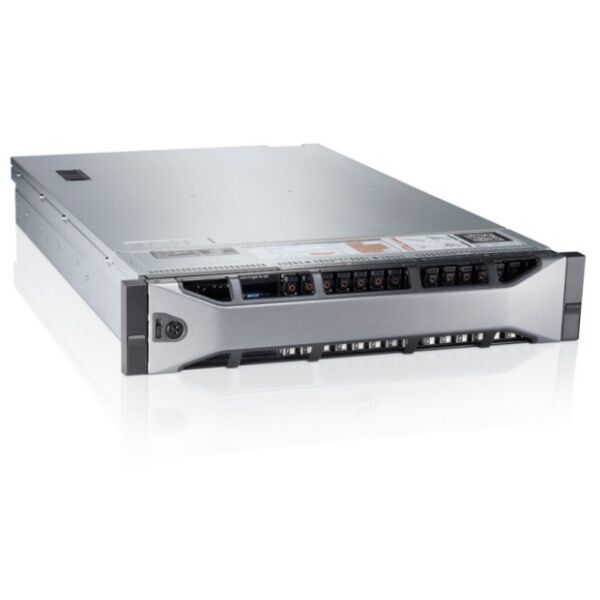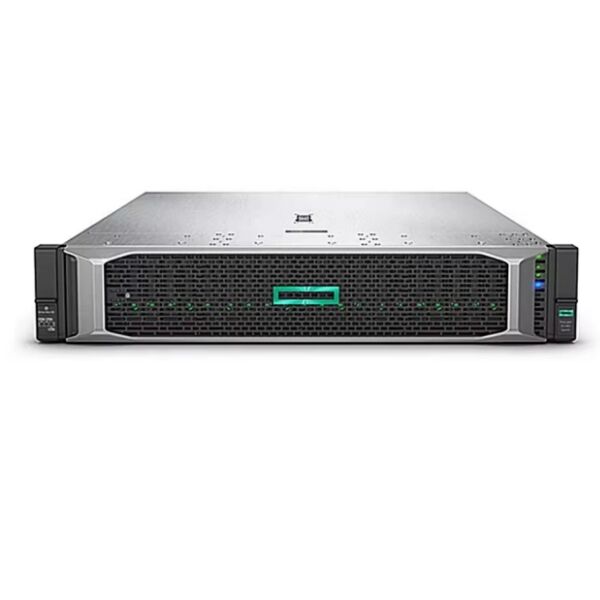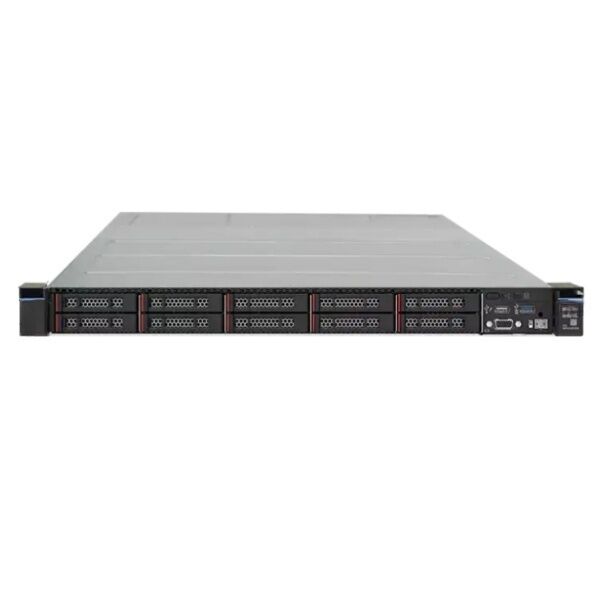network server
A network server is a sophisticated computing system designed to manage, store, and distribute resources across a computer network. Operating as the backbone of modern digital infrastructure, network servers handle multiple critical functions including file storage, application hosting, email management, and database operations. These powerful machines are engineered with robust hardware specifications, featuring high-performance processors, extensive RAM capacity, and redundant storage systems to ensure consistent operation and data integrity. Network servers employ advanced operating systems specifically designed for server environments, enabling them to process multiple requests simultaneously while maintaining security and stability. They support various network protocols and services, facilitating seamless communication between different devices and applications within the network. The server's architecture is built to accommodate scalability, allowing organizations to expand their capabilities as needed. With features like RAID configurations, hot-swappable components, and redundant power supplies, network servers provide the reliability and uptime necessary for business-critical operations. They serve as central authentication points, managing user access and maintaining network security through sophisticated encryption and access control mechanisms.


